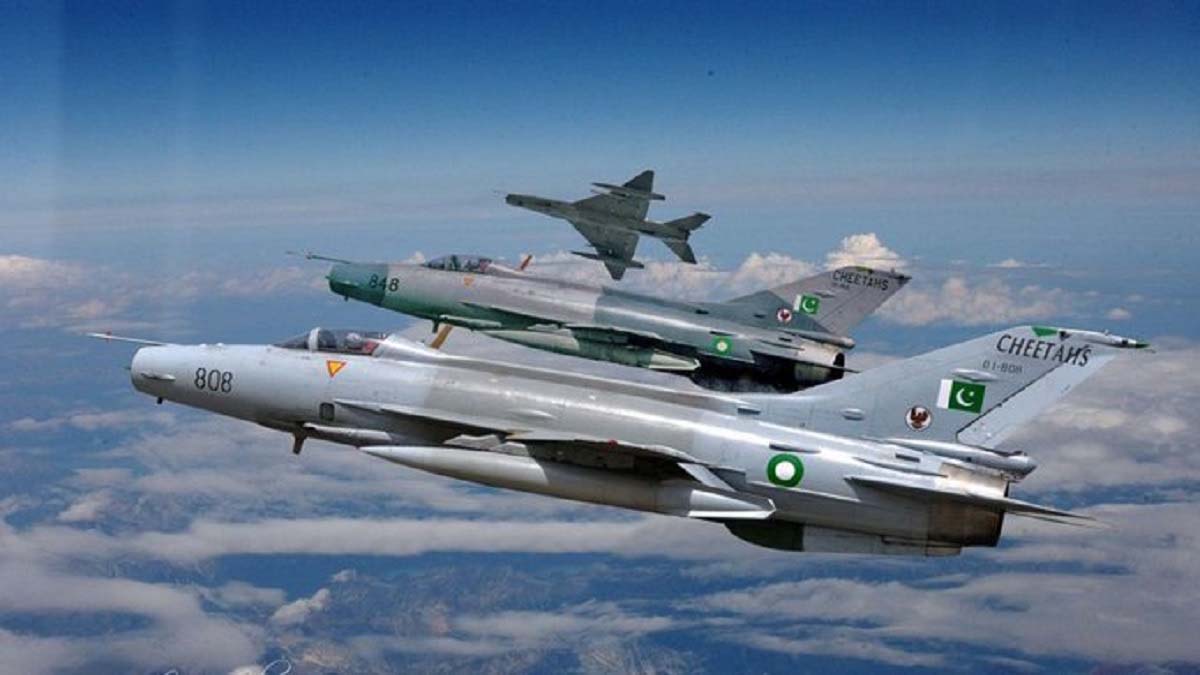Amidst a flurry of recent militant assaults in volatile Pakistani urban centers, Pakistan executed airstrikes within Afghanistan on Monday, resulting in the deaths of eight civilians, including three juveniles, as reported by the Afghan Taliban. An authoritative figure within the Afghan provisional government verified the strikes in Paktika and Khost provinces along the Afghan-Pakistani border. The Pakistani side has yet to provide an immediate response.
Zabihullah Mujahid, spokesperson for the Afghan authorities, asserted in a declaration relayed by the Dawn newspaper from Kabul that Pakistani aircraft conducted the airstrikes. According to Mujahid, the bombardment of civilian residences occurred at approximately 3 am in Khost and Paktika provinces, adjacent to the Pakistani border, resulting in the demise of all eight individuals, identified as women and children. Mujahid detailed that Pakistani planes targeted the Laman area within Paktika’s Barmal district.
Accusing the assailants of targeting civilian dwellings, Mujahid lamented the loss of three women and three children in Paktika, with the collapse of a residence, while two women perished in Khost, where another dwelling was obliterated. Condemning the attacks vehemently, the Islamic Emirate characterized them as frivolous transgressions and violations of Afghanistani sovereignty.
Mujahid admonished Pakistan to desist from attributing its internal challenges and failures in managing violent incidents to Afghanistan. He cautioned that such actions could precipitate dire consequences beyond Pakistan’s control. The airstrikes occurred on the heels of President Asif Ali Zardari’s vow to retaliate following the deaths of seven soldiers, including two officers, in a terrorist assault on a security outpost in North Waziristan.
During the funeral rites for the slain officers, Zardari affirmed that the sacrifices of the martyrs would not be in vain, and retribution would be sought. He reiterated Pakistan’s unwavering stance on defending its borders and territory from aggression. Responsibility for the fatal attack was claimed by the Hafiz Gul Bahadar group, known to operate primarily from the Afghan side of the border, particularly in Khost.
Pakistan’s Special Representative to Afghanistan, Ambassador Asif Durrani, asserted that an estimated 5,000 to 6,000 militants affiliated with the banned Tehreek-i-Taliban Pakistan (TTP) have sought refuge in neighboring Afghanistan, a claim refuted by Afghanistan, which maintains its commitment to preventing its soil from being used against other nations.
In a statement to Tolo News, Mujahid reiterated Afghanistan’s rejection of foreign groups operating within its borders, while acknowledging the challenges posed by the extensive and rugged terrain along the Afghan-Pakistani border. Durrani attributed the failure of peace negotiations with the TTP to the group’s unwillingness to surrender or pledge allegiance to the Pakistani Constitution, emphasizing that the TTP remains a red line for Pakistan.
Established in 2007 as an amalgamation of various militant factions, the TTP, ideologically aligned with the Afghan Taliban, aims to enforce its radical interpretation of Islam across Pakistan. Despite expectations that the Afghan Taliban’s ascension to power in Kabul would lead to the expulsion of TTP operatives from Afghan soil, Islamabad contends that Kabul has failed to act against the group.
Furthermore, skirmishes have been reported in Kurram District’s Parachinar, prompting residents on both sides of the border to evacuate the area, according to Malik Nazeer, a local resident.









